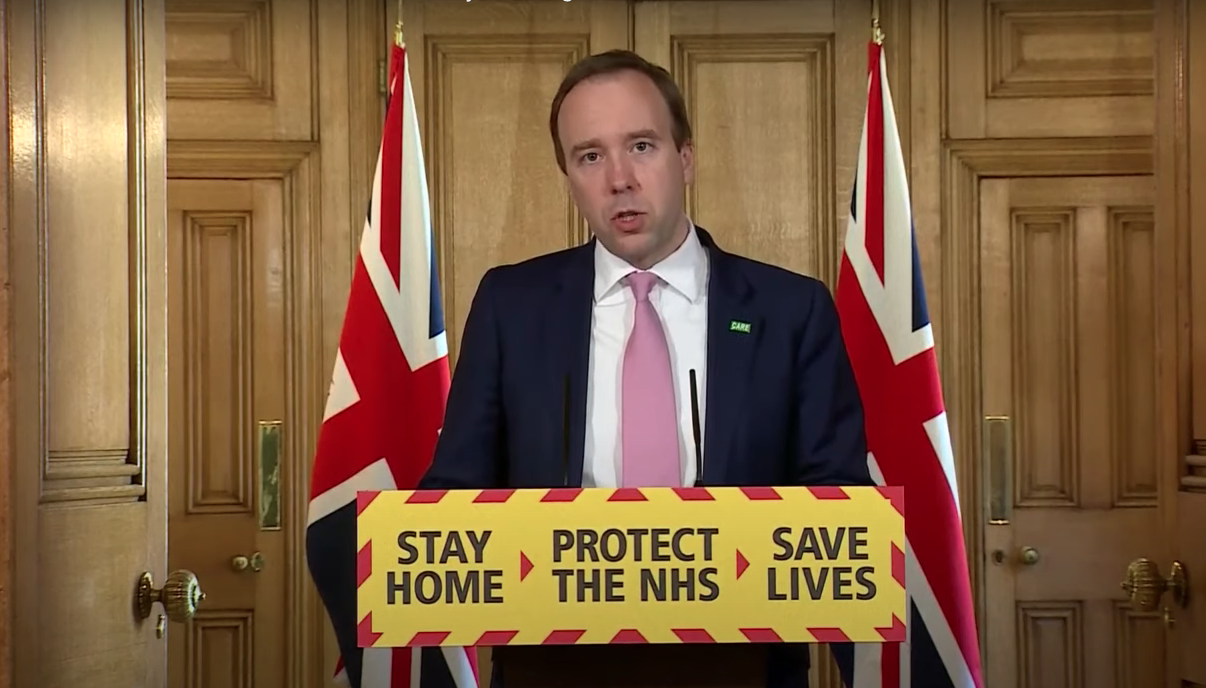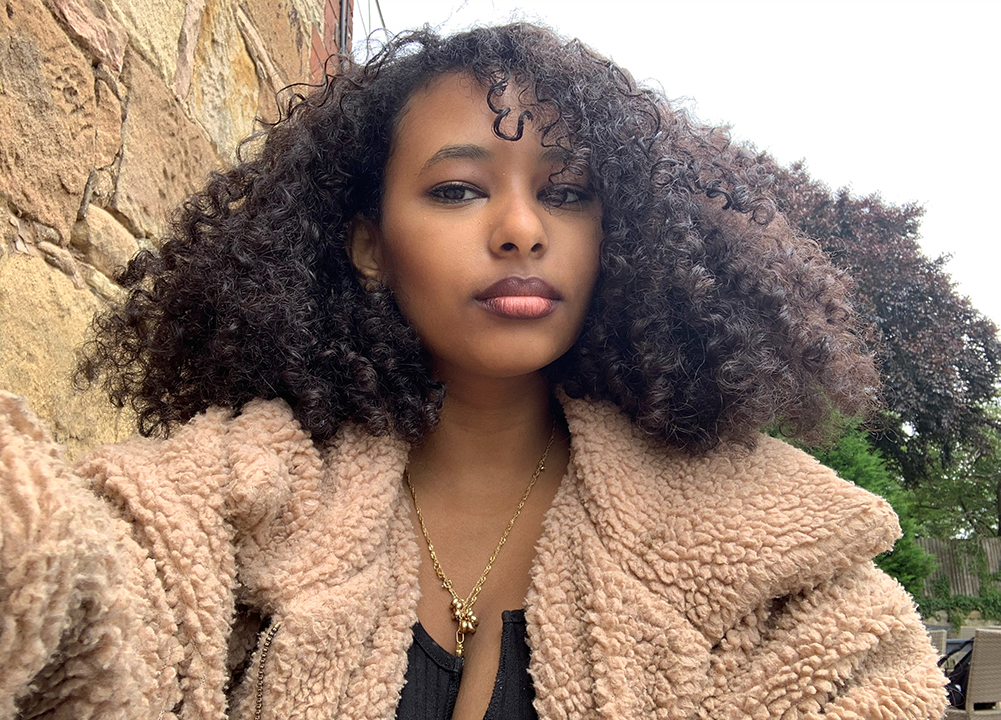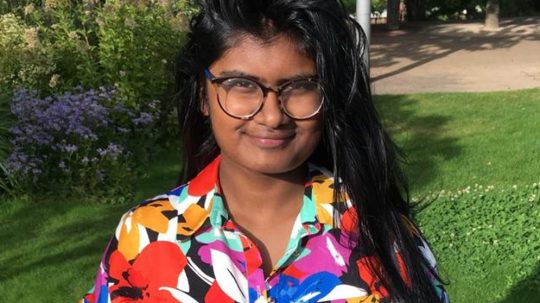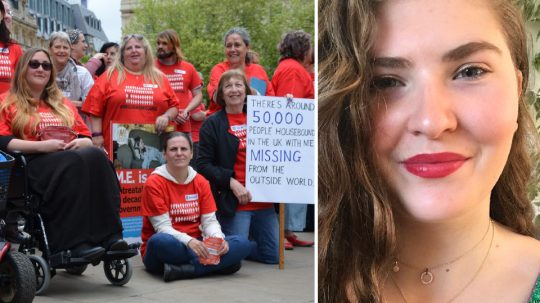Use of the acronym BAME – which stands for black, Asian and minority ethnicity – has skyrocketed with the onset of the pandemic and the resurgent Black Lives Matter movement. But what began partly as a category to help identify racial discrimination is now being used to hide it, writes Susu Hagos.
BAME is the umbrella term often used by politicians and the media to refer to the 14% of the UK population which does not identify as “white”. As a black woman, I feel as though it’s a term used to talk more about us, rather than a term I identify with as an individual. It is clearly important to recognise how people from minority ethnicities in the UK are often seen and treated differently and face unique obstacles. This is where the term BAME has a place – it’s an acknowledgment of discrimination, prejudice and a way to ensure there is representation and diversity reflective of society in workplaces and institutions. It has a specific function on those limited occasions when it’s appropriate to talk about all minority ethnic groups in general.
Not only are Black Caribbean pupils three times more likely to be excluded from school than other pupils – they’re also twice as likely to be excluded than their Black African counterparts.
Susu Hagos
But it is too often used to lump us all together as one seemingly homogenous group, hiding the unique obstacles different communities face. A recent YouGov poll exploring BAME experiences in Britain revealed that 74% of respondents had been asked where they were “really from”, whilst 65% have had a racial slur said directly to them. There is clearly a widely shared experience of racism among people from minority ethnic backgrounds, yet disparities in other factors of life vary greatly. Not only are Black Caribbean pupils three times more likely to be excluded from school than other pupils – they’re also twice as likely to be excluded than their Black African counterparts.
The term BAME has been used extensively when discussing the unequal impact of Covid-19. Public Health England’s August report found that people from Bangladeshi backgrounds had double the risk of dying from the virus compared to those who are white. Meanwhile people of “Chinese, Indian, Pakistani, Other Asian, Black Caribbean and Other Black ethnicity” had between 10 and 50% higher risk of death. A separate analysis published by the Institute of Fiscal Studies in May found people of Black Caribbean descent had the most disproportionate risk of dying from Covid-19 in England’s hospitals. It also found people of Chinese heritage were dying at a lower rate than white British people. These figures illustrate how Covid-19 has also not impacted all “BAME” communities equally.

Health secretary Matt Hancock rejected claims the Cabinet is not diverse. Credit: YouTube
The word BAME also appears to have increasingly become a way of portraying workplaces as fair and diverse, when really black voices are absent. In June, Sky News quizzed health secretary Matt Hancock on the lack of black ministers in the Cabinet. He replied that there are a “whole series of people from a black, Asian and minority ethnic background,” pointing to chancellor Rishi Sunak and home secretary Priti Patel, who both trace their heritage to India. When pressed on the absence of black members specifically, he goes on to say that what really matters is “a diversity of thought”. It is an example of how BAME discourse can be used to silence, rather than serve, black communities.
There is strength in solidarity and our shared experiences as people from minority ethnic backgrounds must unite us in striving for change. But we must also recognise the nuances and differences in the injustices our communities face.
Susu Hagos
BAME and black are not interchangeable. There is strength in solidarity and our shared experiences as people from minority ethnic backgrounds must unite us in striving for change. But we must also recognise the nuances and differences in the injustices our communities face. Overuse and misuse of the word BAME can be regressive, particularly whilst trying to discuss issues that disproportionately hinder the black community. A phrase with roots in holding institutions accountable is being turned into a loophole of ambiguity that allows for those in power to shirk responsibility and trivialise the adversity we face.
We must be mindful and limit our use of the word BAME, instead referring to different communities by their name.
The views expressed in this article are those of the author and do not necessarily reflect the views of EachOther.
About ‘The Inspired Source’ Series
This pilot series is part of our work to amplify the voices of aspiring writers that are underrepresented in the media and marginalised by society. Each piece examines a human rights issue the author or their community is affected by and preferably have a position on how we might begin to address it. This is a brand new series, so we are likely to adapt and refine it as things progress. Find out more about the series and how to send us a pitch on this page.





